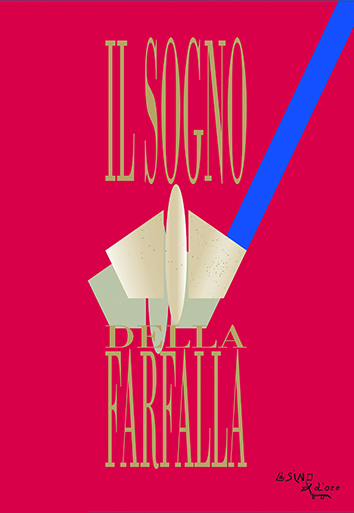L’idea di vivente nel materialismo settecentesco
DOI:
https://doi.org/10.14663/sdf.v14i4.349Abstract
The article examines historical and philosophical literature on the theme of the living, focusing its attention on eighteenth century materialism. In the eighteenth century, with the Enlightenment and with the development of the life sciences a train of thought takes off which marks the passage from mechanicism to vitalism. In this passage the ideology of inert matter and of a mechanical and uniform world comes into crisis and the idea of sensible and vital matter takes off. The scission between body and mind, ratified by Descartes, had eliminated any dynamic between living phenomena reducing everything to schemes of a mechanical-physiological nature and had interpreted living beings as machines that depend on the soul for their life and movement. On the contrary the revolution obtained in scientific research, thanks to the use of the microscope and biological and physiological experiments, confirmed the intrinsic capacity of movement and the sensibility of organisms independently of any form of spiritual driving force. From this moment until the end of the 1700s, biologists and philosophers all over Europe compete to obtain answers on themes regarding the origin of life and what defines being alive, attributing to it vital forces capable of giving life to and developing an organism. In France, in particular, the medical school of Montpellier takes on the onus of giving an epistemological status to the specificity of living things and founding a new science of man that will have as its follower the philosopher and physiologist G. Cabanis. But the criticism of mechanicism and the intuition of a vital force that regulates living processes do not give rise to a solid theory that explains that matter is sensible and alive in so far as it reacts to an external stimulus. Constant reference to forces and vital principles lead to the need for a metaphysical principle, necessary in order to have a rational understanding of an unknown and incomprehensible reality.


